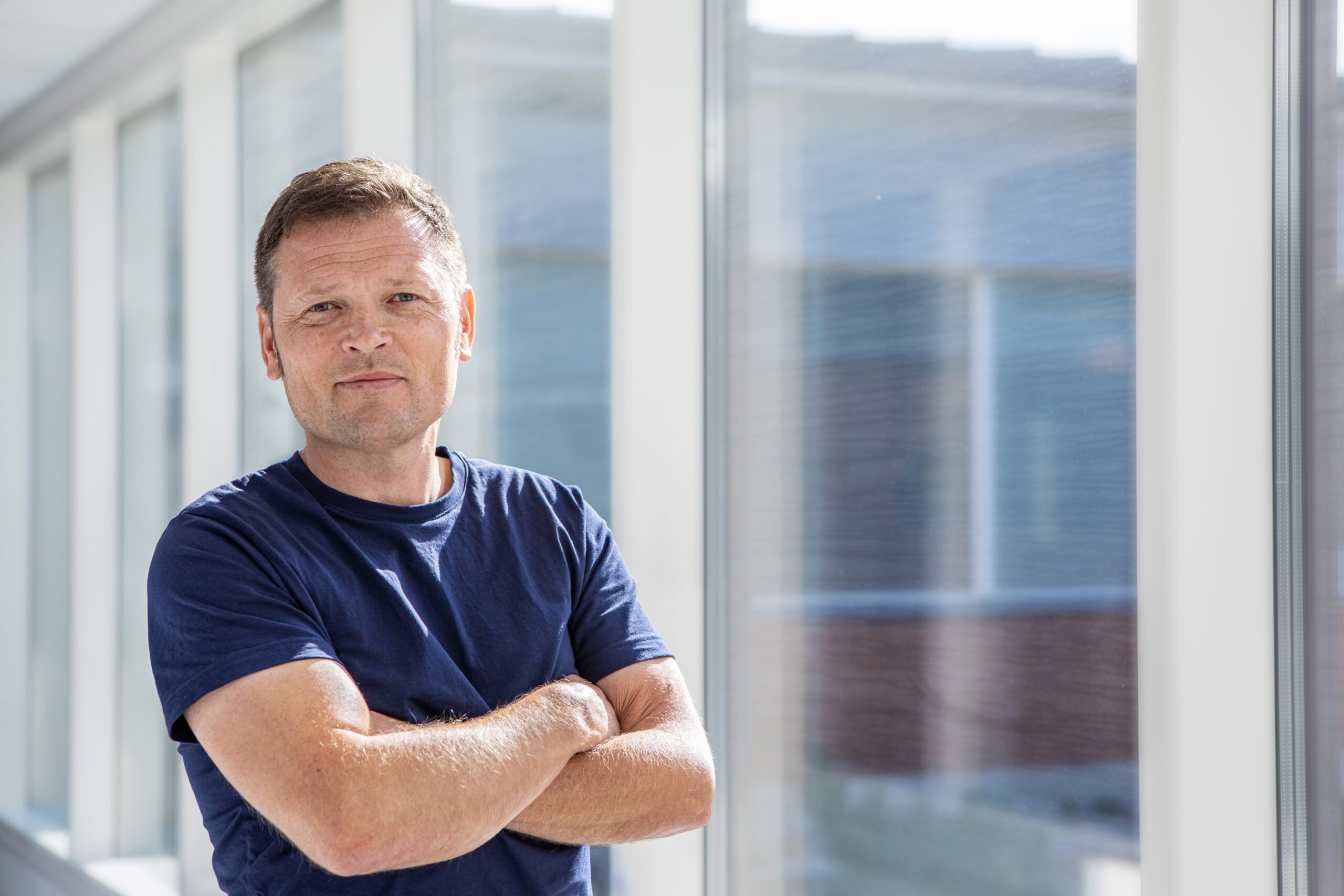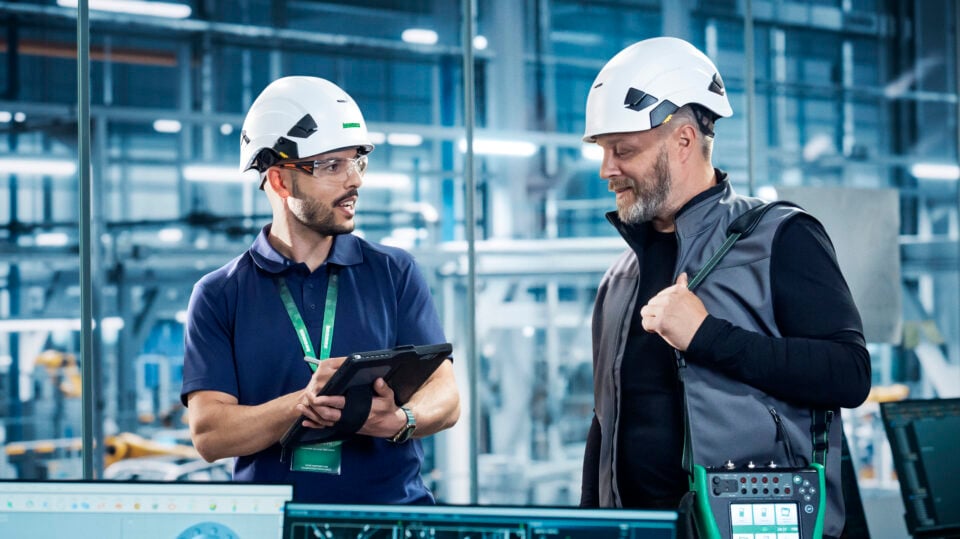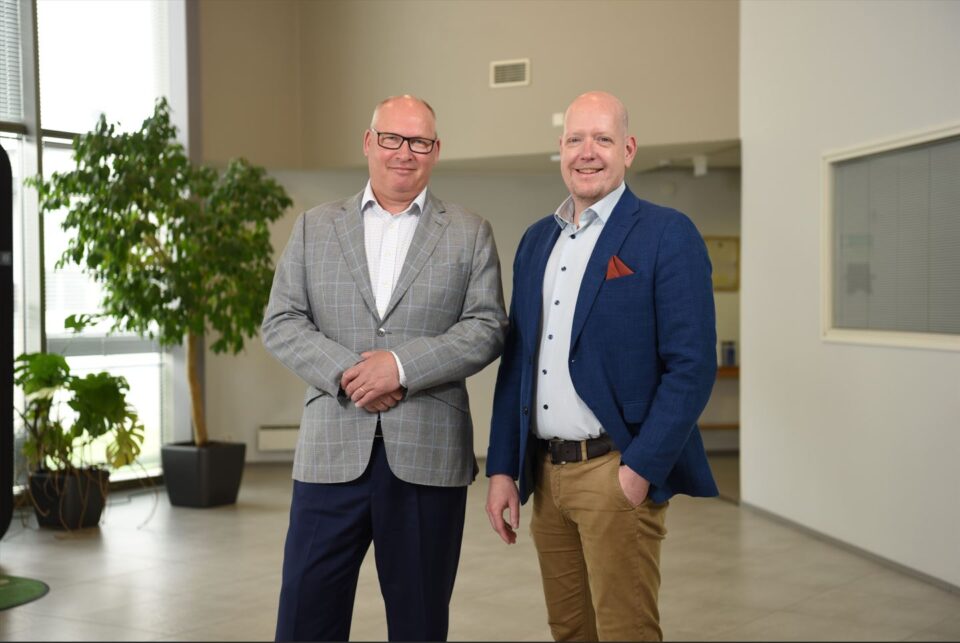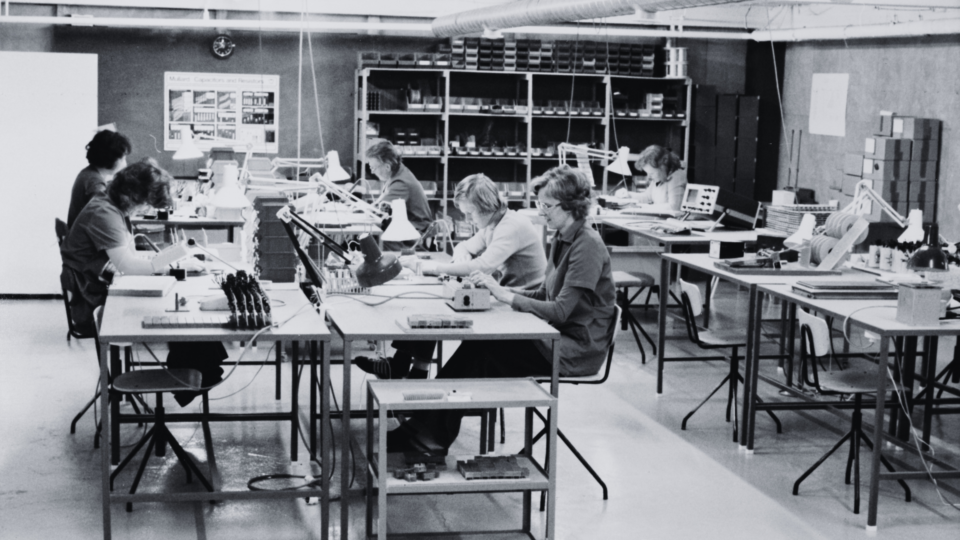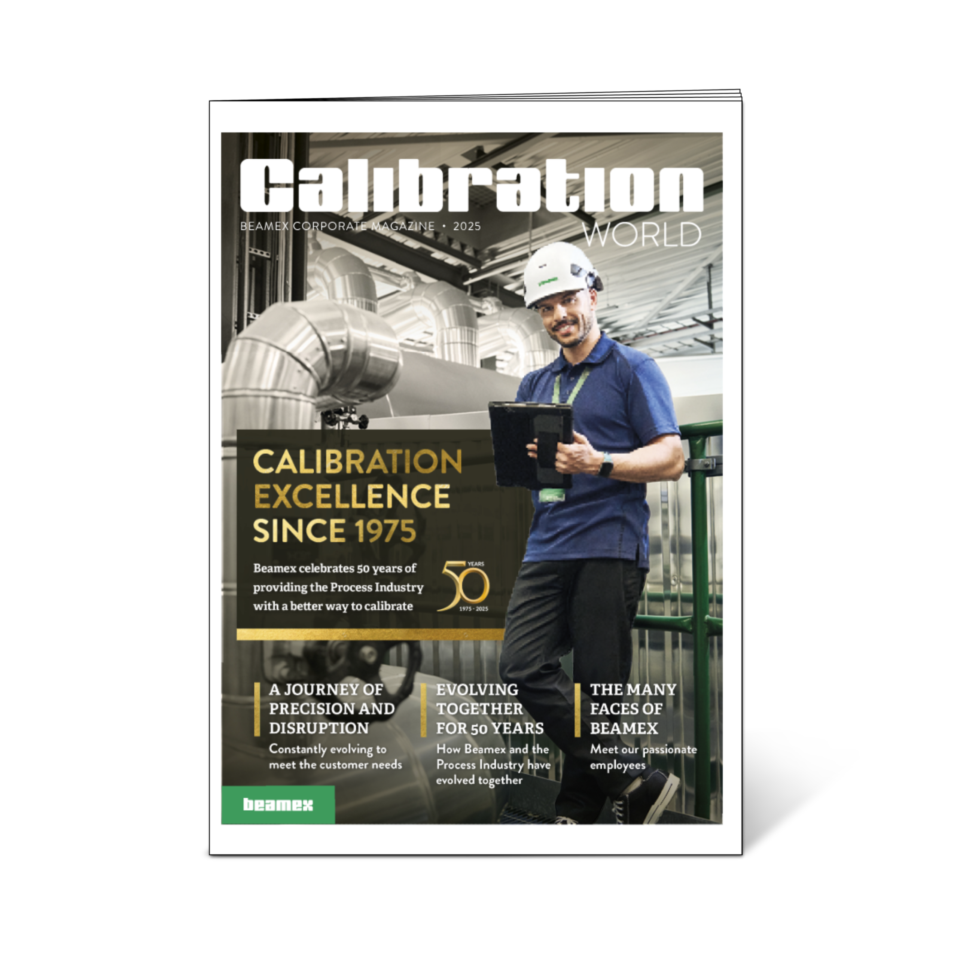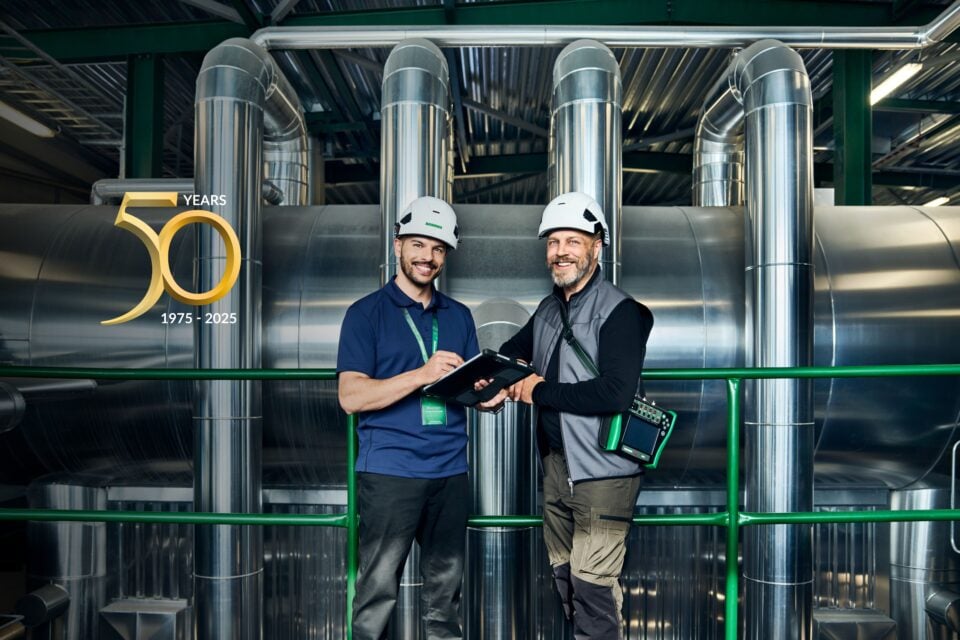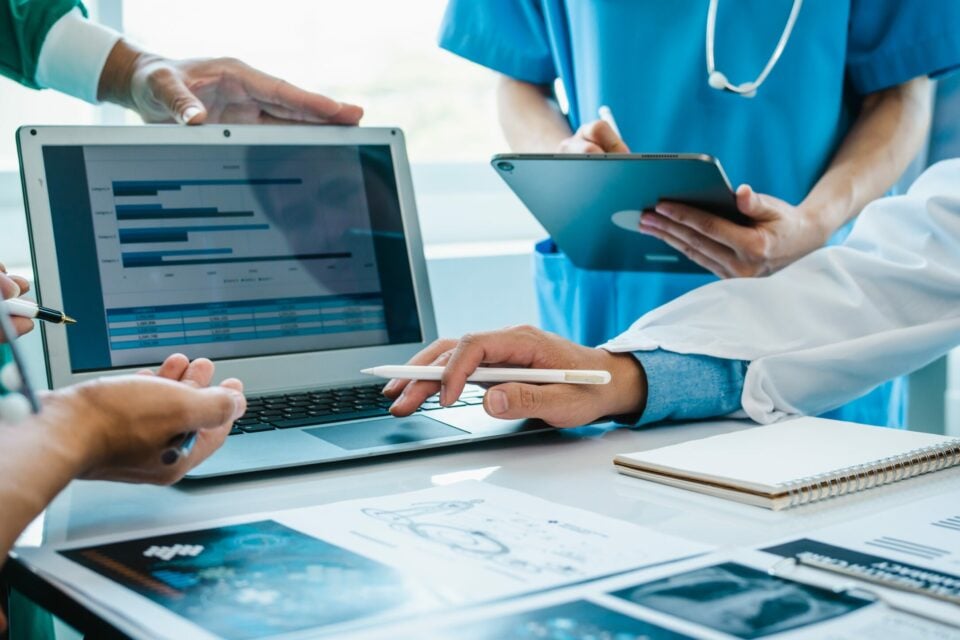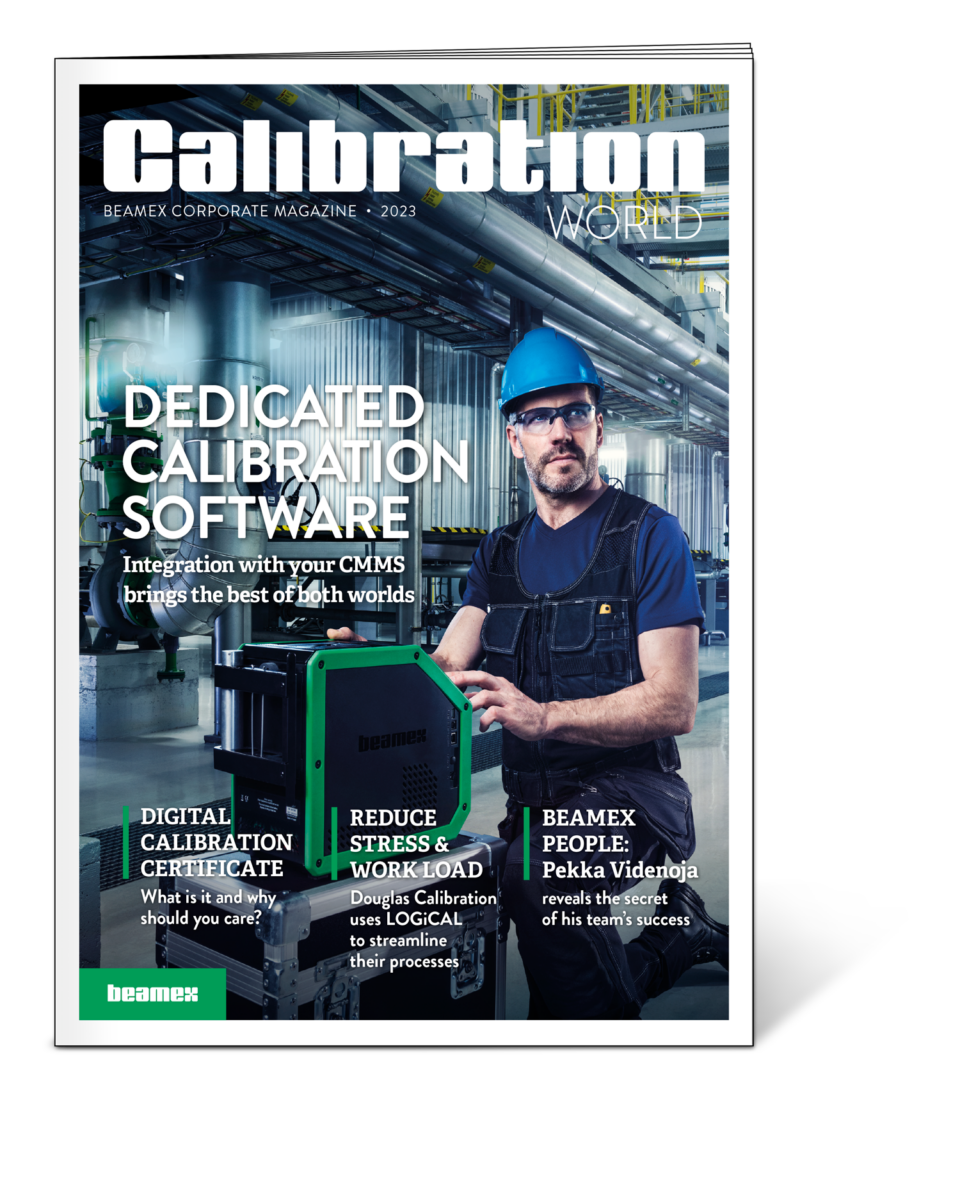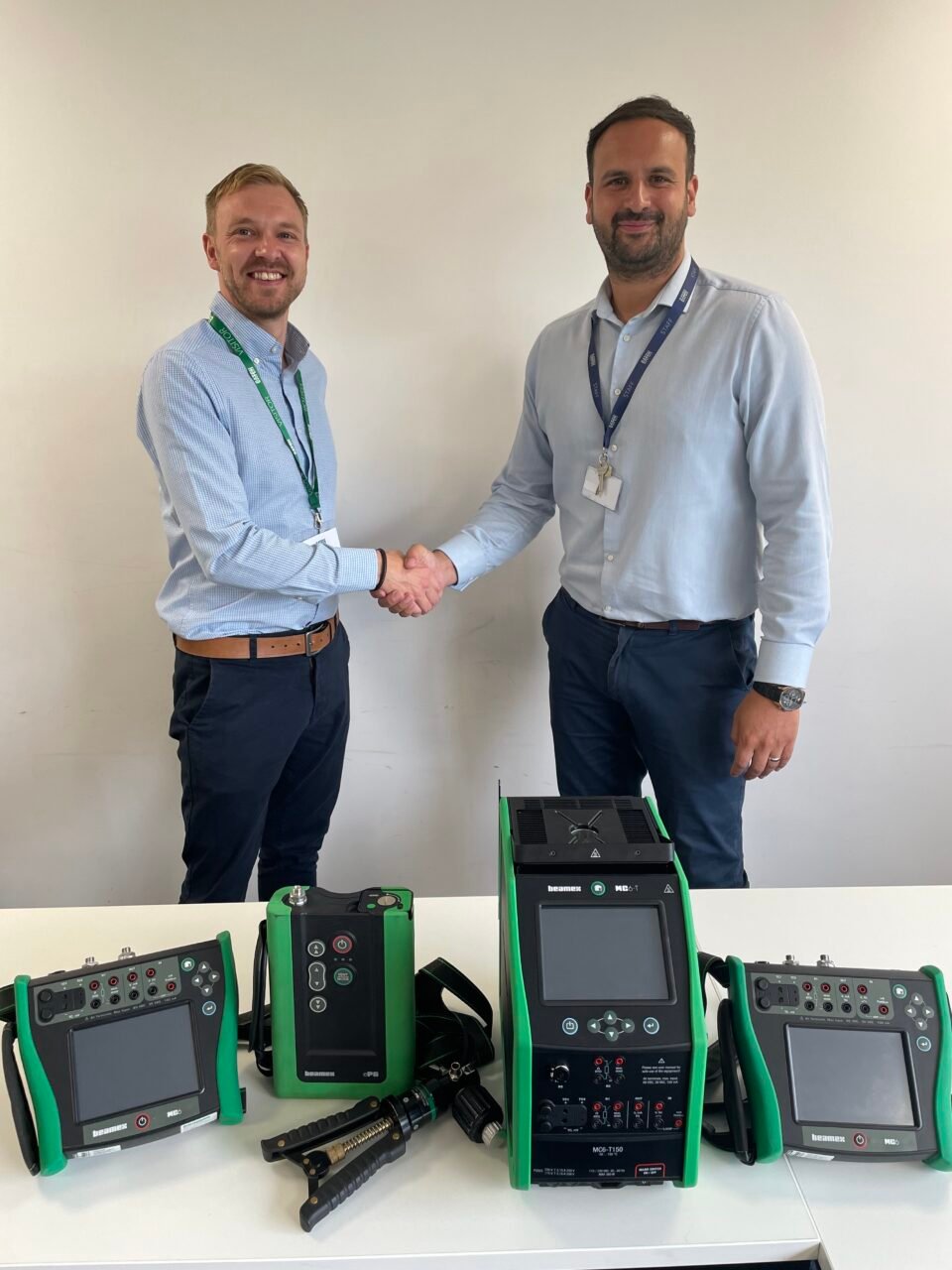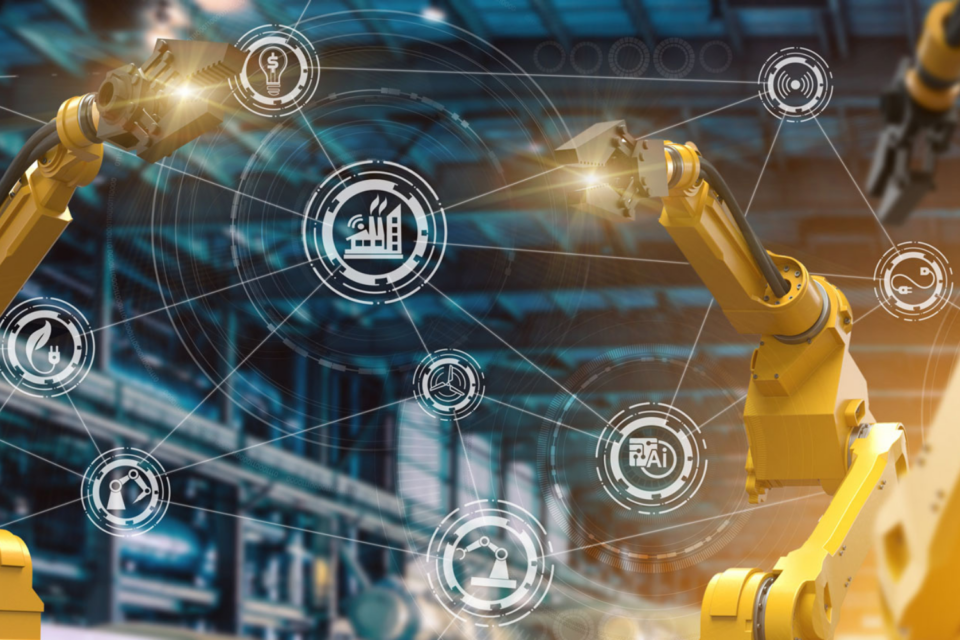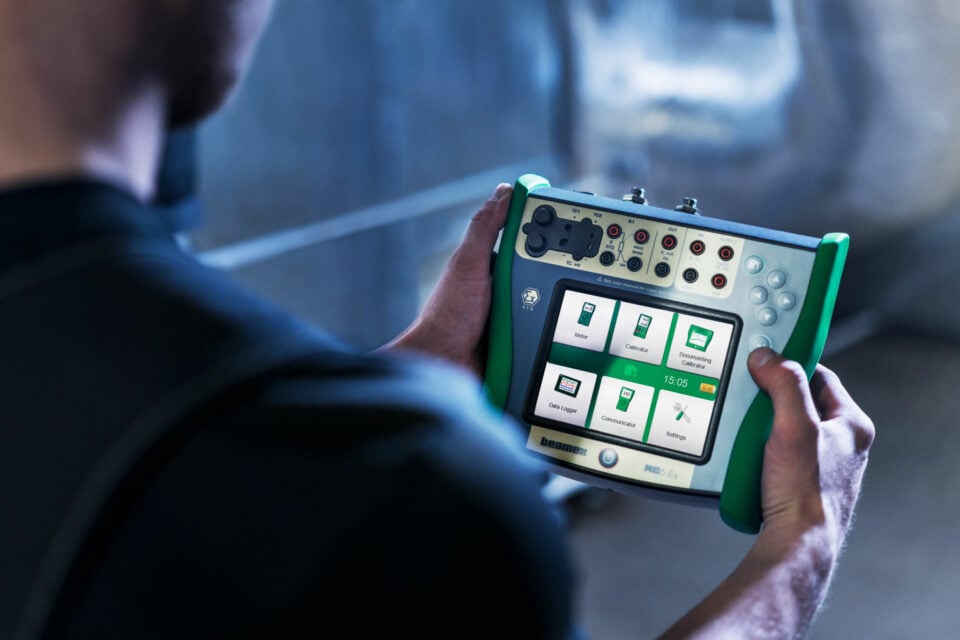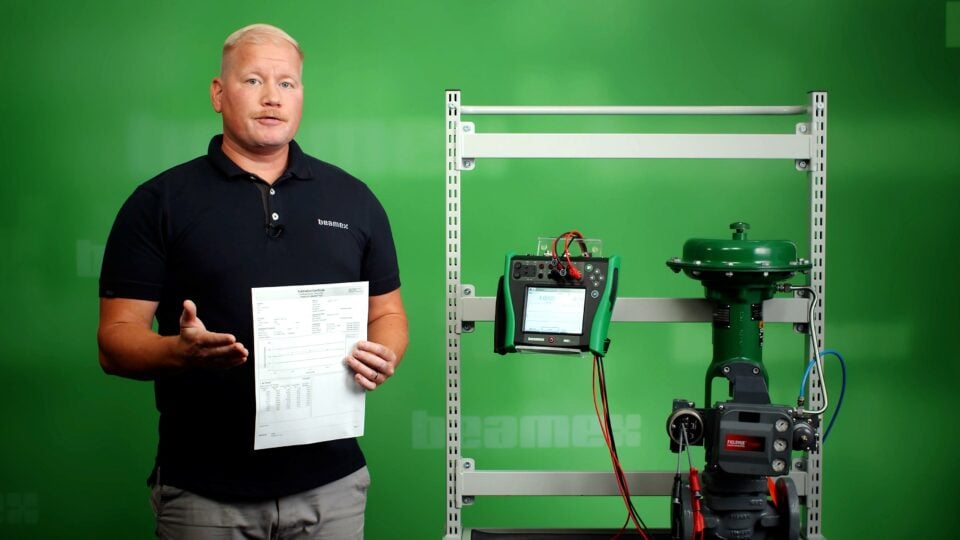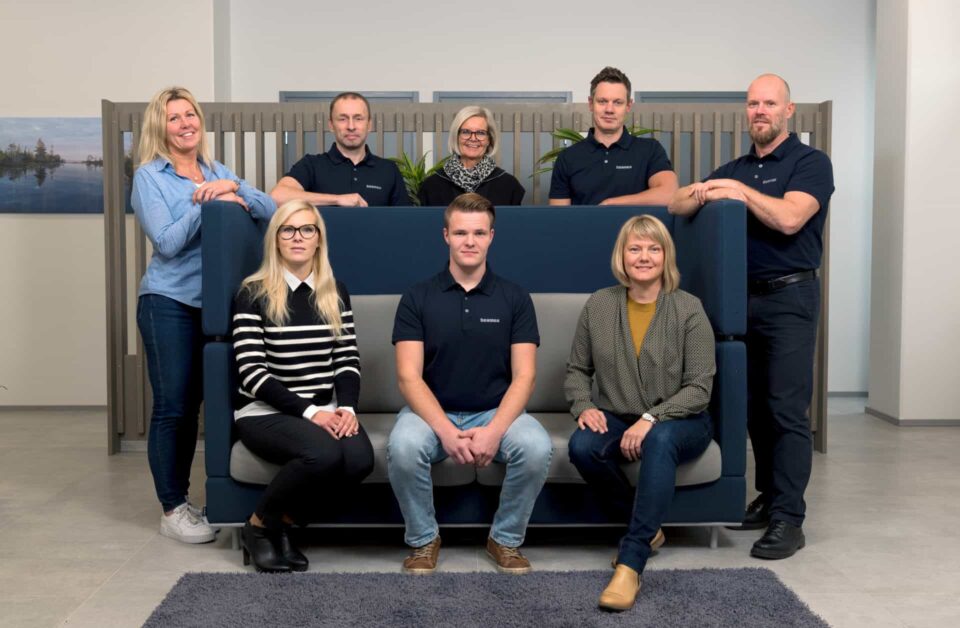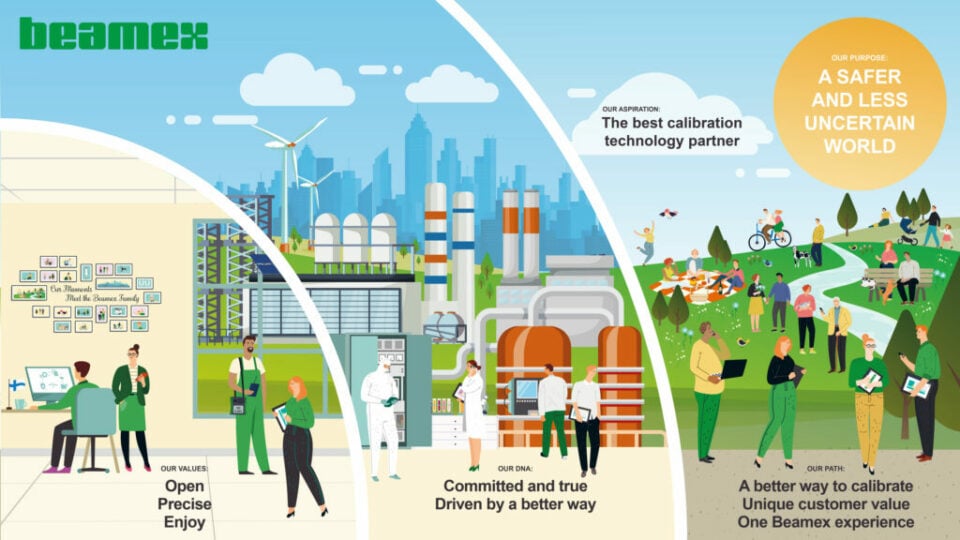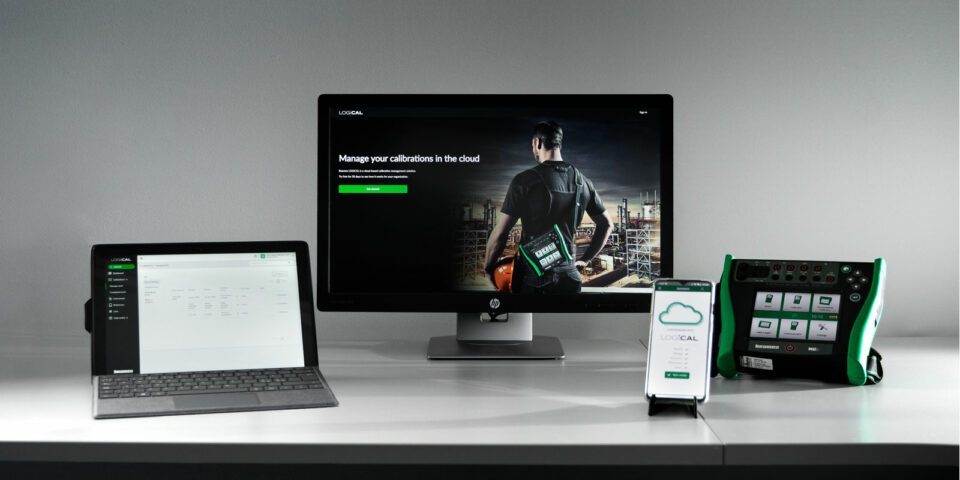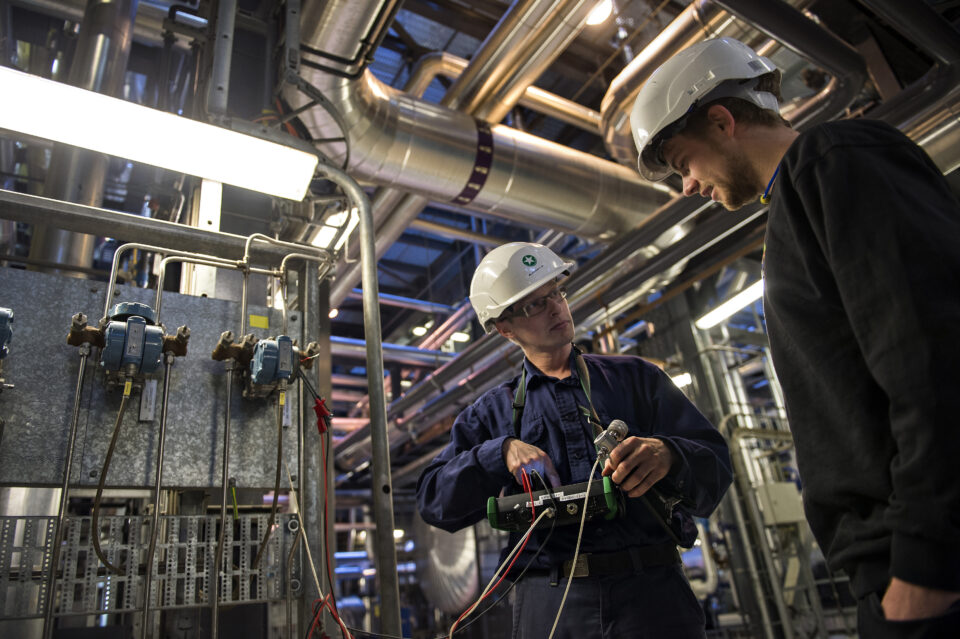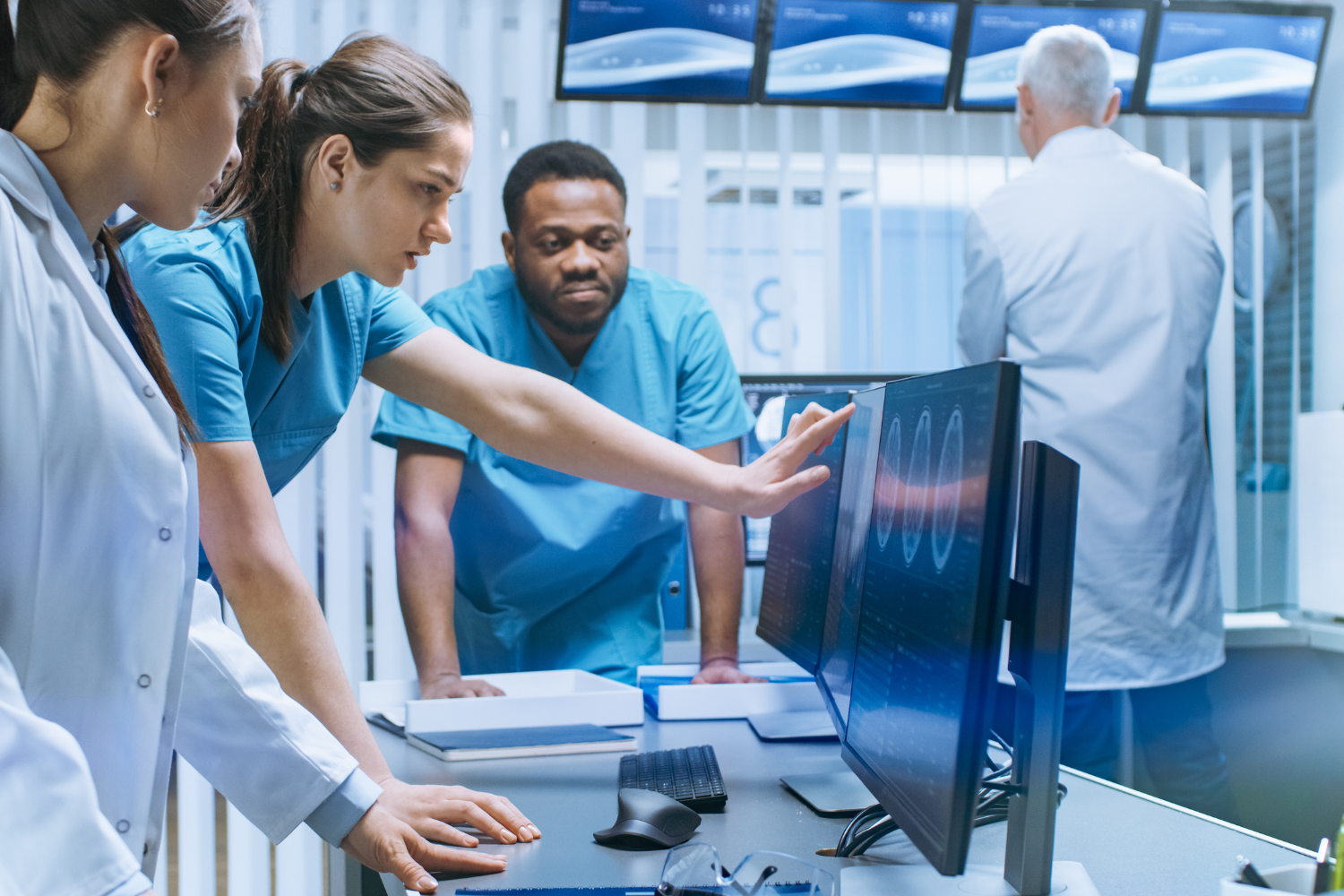
AI could revolutionise the healthcare sector if it gets the data right
Sami Koskinen, Director of Digital Transformation, Beamex
From personalised medicine to improved drug identification to enabling equal access to healthcare, AI has the potential to transform the healthcare sector.
Have you ever woken up with a rash or other inexplicable symptom and gone online to check it out? You are not alone. Millions across the world have been routinely seeking medical advice and researching symptoms online for years. What happens if generative AI tools like ChatGPT to the mix? We could be looking at a potential game-changer.
There is one caveat here. Generative AI relies on existing data to come up with neat chunks of information that answer your every question. And while there is a lot of authoritative medical data out there, there is no guarantee that the data generative AI relies on is accurate. A lot needs to be done to improve the reliability and security of these AI tools before they can hit the mainstream.
That said, there is no denying the potential of the new generation of AI systems to radically improve healthcare around the world.
Increasing access to quality healthcare
One avenue where I see generative AI playing a role is in vastly improving healthcare transparency and accessibility. Tasks such as blood tests, queries about the side effects of medications and other routine tasks can be delegated to AI tools that would analyse this data and provide authoritative and natural responses to patients.
Generative AI could also be used to handle medical transcription, the digitisation of patient reports and other types of clinical documentation. For example, Abridge AI claims to be able to use recorded audio from patient visits to create everything from after-visit summaries to healthcare plans. It is easy to see how this could reduce the burden on doctors and nurses, allowing them to focus on providing a higher quality of care.
That’s not all. As I had briefly mentioned in an earlier blog, AI and wearables are a potent mix that could herald a new age of personalised medicine. Wearable technology powered by advanced sensors is capable of continuously monitoring various health parameters. From sleep to oxygen levels, to blood pressure and blood sugar, the next generation of wearables will allow AI technologies to collect healthcare information, cross-reference it with a patient’s healthcare charts and use predictive analysis to identify potential problems before they occur. These tools will also allow healthcare professionals to design personalised treatment plans for patients based on real-time data and insights derived by AI from wearables.
The next blockbuster cure, courtesy AI
Even the pharmaceutical sector is betting big on AI. For example, Pfizer used a machine learning tool Smart Data Query (SDQ) to analyse and review clinical trial data for its COVID-19 vaccine, allowing data sets to be analysed and reviewed in just 22 hours, compared to over 30 days for non-AI augmented analysis. Researchers at MIT are currently working on a molecular docking model ‘DiffDock’ that will make drug identification easier by enabling processes that normally take months to years, to be done in less than a day.
With AI allowing drug discovery to be done faster and cheaper, the chances of the next big blockbuster drug emerging from AI-augmented research programs grow stronger with every passing day.
While the prospects for AI in healthcare are huge, more must be taken to improve public trust in the use of these tools. And here, the need of the hour is greater transparency and the assurance that the data and measurements these AI tools rely on are accurate. Calibration can play a role in verifying that the source of this data is authentic, while validating the data to ensure its accuracy.
At Beamex, we have been working on several AI-powered tools that will help ensure this level of calibration. One tool I can share details about is based on the infallibility of machine vision. This tool uses AI and smart glasses to read, validate and store readings from the calibration of various medical equipment. In effect, it acts as a second pair of eyes ensuring pharmaceutical operators are working within prescribed safety parameters while allowing for zero error.
The potential for further development of AI tools in healthcare is huge. But for AI to function effectively, it needs accurate and verifiable data to build upon. At Beamex, we are in talks with several healthcare companies to build data ecosystems that will allow for the safe and secure pooling of data, allowing for the further development of AI in different forms. Get in touch if you want to know more.
You might also find interesting
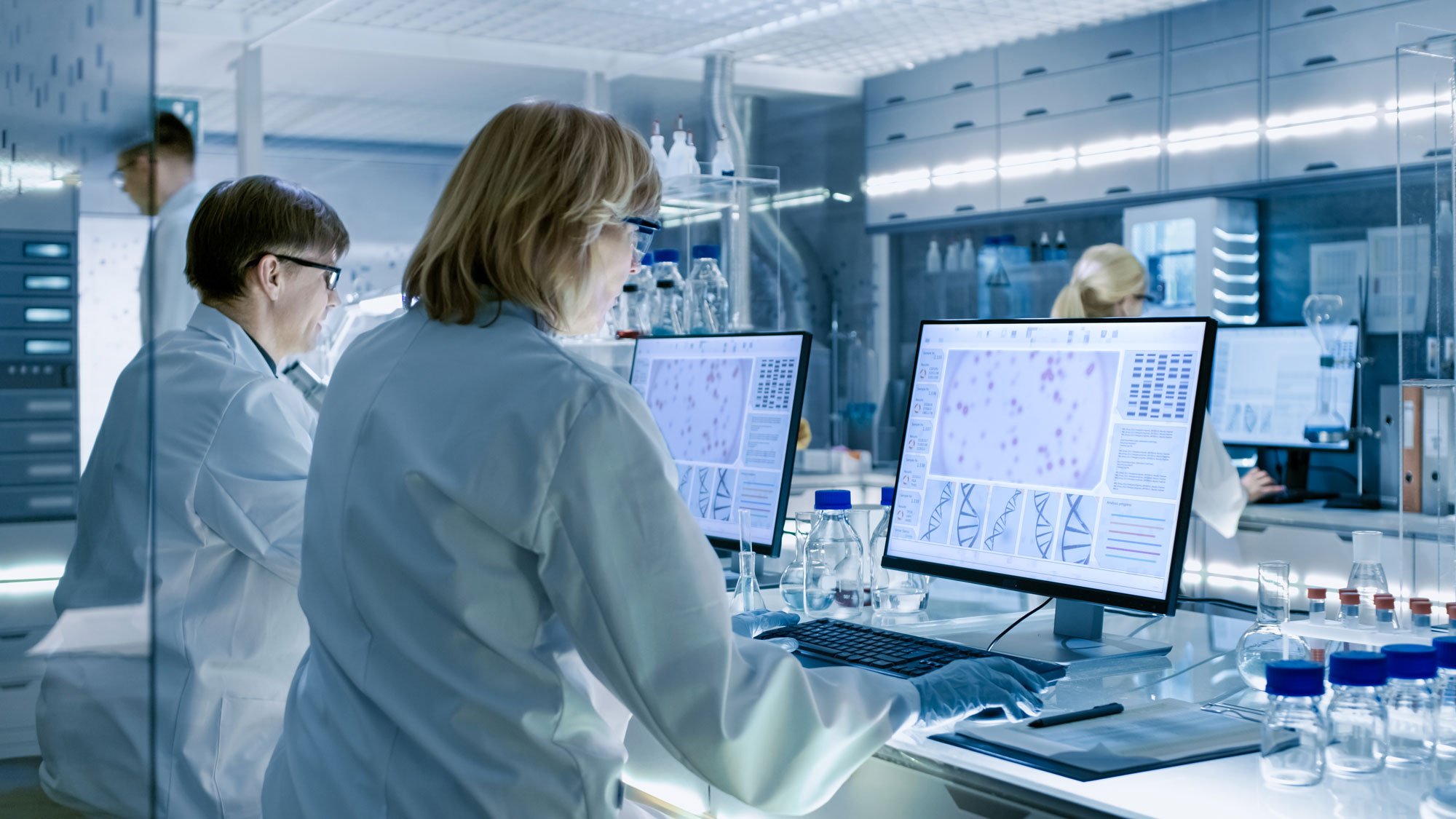
For a safer and less uncertain world
Welcome to our series of topical articles where we discuss the impact that accurate measurement and calibration has on the world and our everyday lives.
